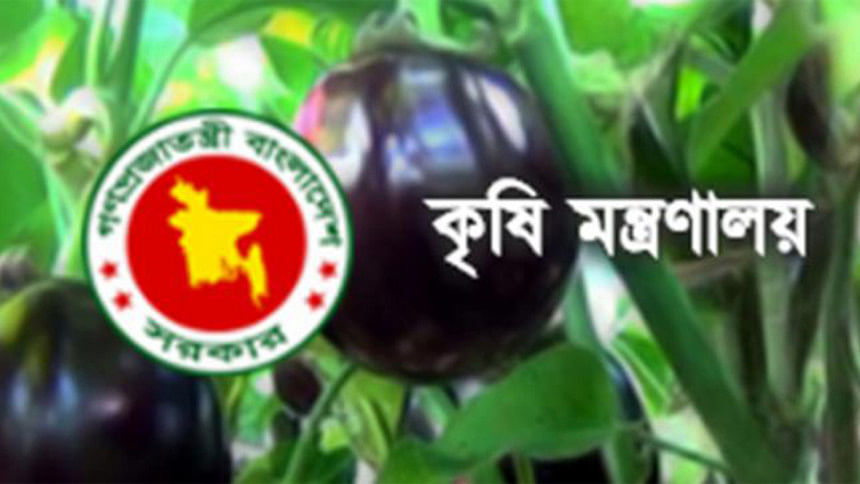Against the grain

In an impressive move, three officers of the Department of Agricultural Extension have developed mobile apps aimed at helping farmers prevent pest attacks and control diseases that eat up a large portion of crops each year. Innovations like these will no doubt help farmers, often criticised as the most hidebound of managers, grow crops more efficiently using digital technology.
Thanks to such breakthroughs, the agricultural sector has gone through a revolution. Bangladesh is now the fourth largest rice producing country, the fourth largest inland freshwater fish producer, and ranks 7th among the top potato-producing countries in the world.
The bad news, however, is that farmers are not getting paid for producing so much. For instance, farmers in some districts are being forced to sell potatoes at no more than Tk. 3 per kg. Forget profit, does it even cover the primary costs for inputs like seeds, fertiliser and pesticides? Does it justify their hard toil and honest sweat? Who is to blame?
Farmers need more policy support, not just technology. There should be more coordination between farmers and the Department of Agricultural Extension to address the issue of overproduction. Can they expect support in building organised forums which will empower them to bargain prices? They need more training in environment-friendly pest management tools. They need crop insurance that will protect them against the loss of crops due to natural disasters or the loss of revenue due to declines in the prices.
The story of the Bangladeshi farmer is nothing short of a miracle. His calloused palms are conversant with the finer tissues of self-respect and heroism. A Bangladeshi farmer from Chittagong named Farid tilled land in Qatar with a traditional Bangladeshi plough made in a local metalsmith shop. Unable to find any bulls, he had a couple of donkeys pull the plough. You cannot make a donkey pull the plough, goes a Bangla adage. Farid proved that you can.
The condition of the Bangladeshi farmers has not improved despite the increase in production. It is simply because we tend to think that agriculture is an issue that concerns the rural population alone. Could we be more wrong?
Surely, they need more support than apps.
The writer is a member of the Editorial Team.

 For all latest news, follow The Daily Star's Google News channel.
For all latest news, follow The Daily Star's Google News channel. 



Comments